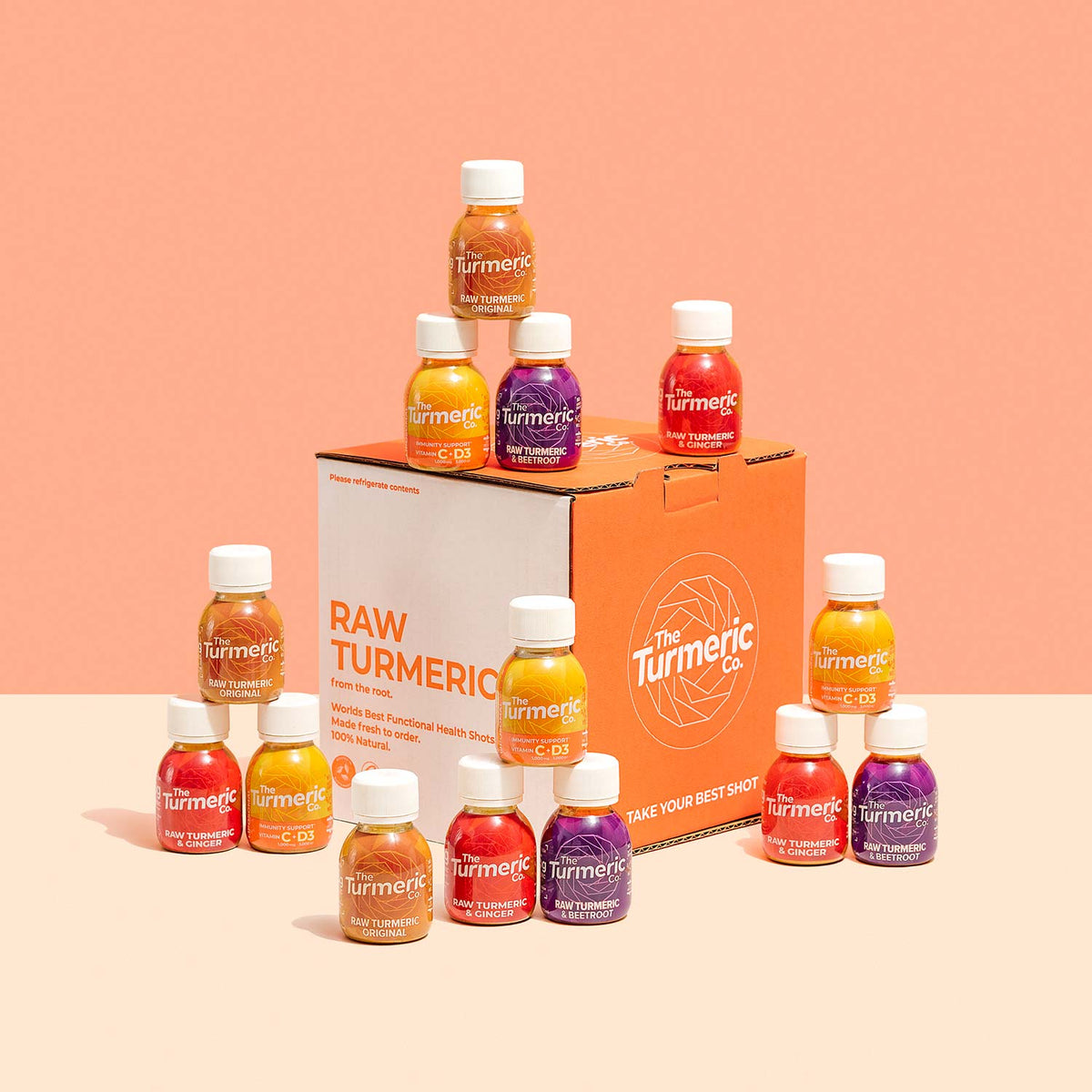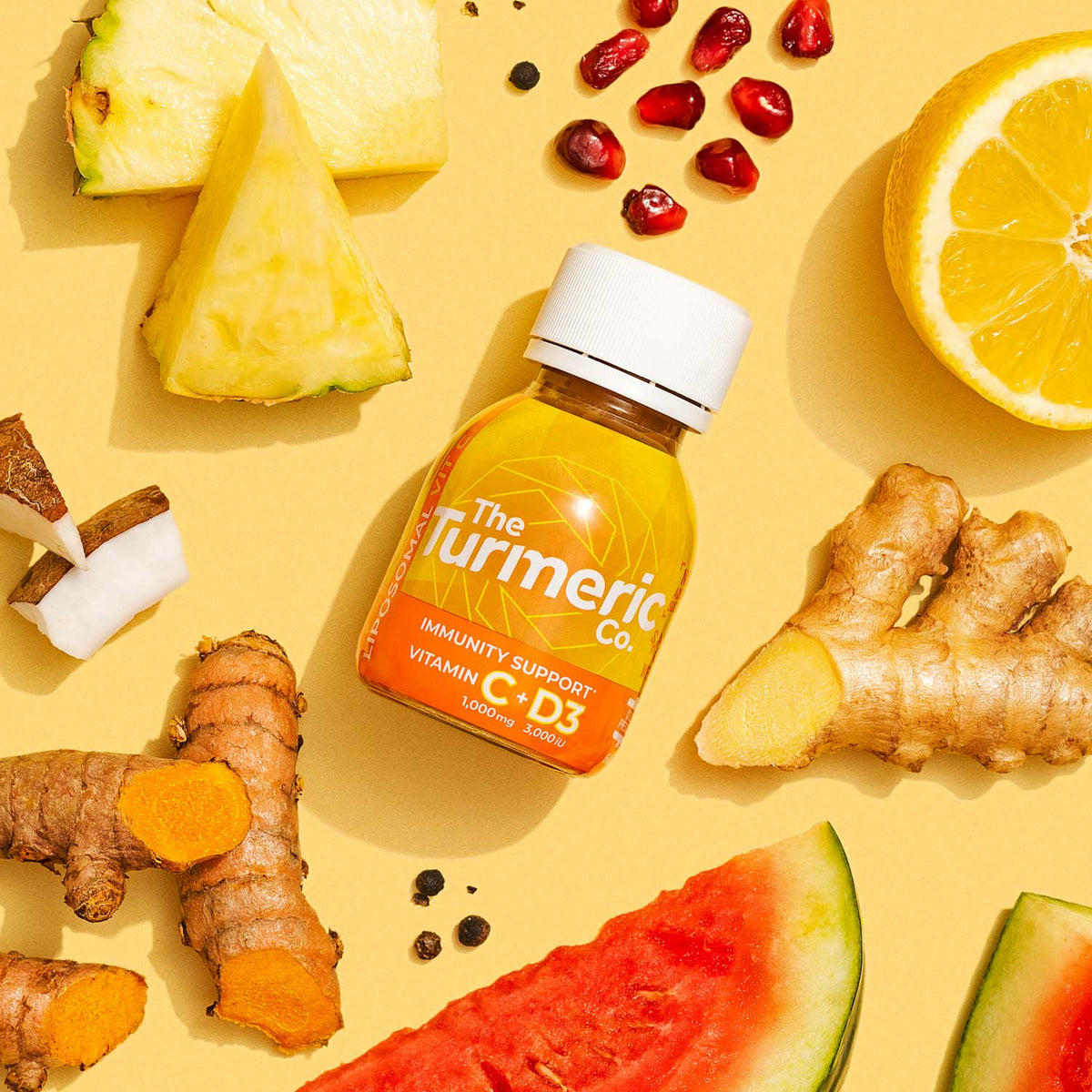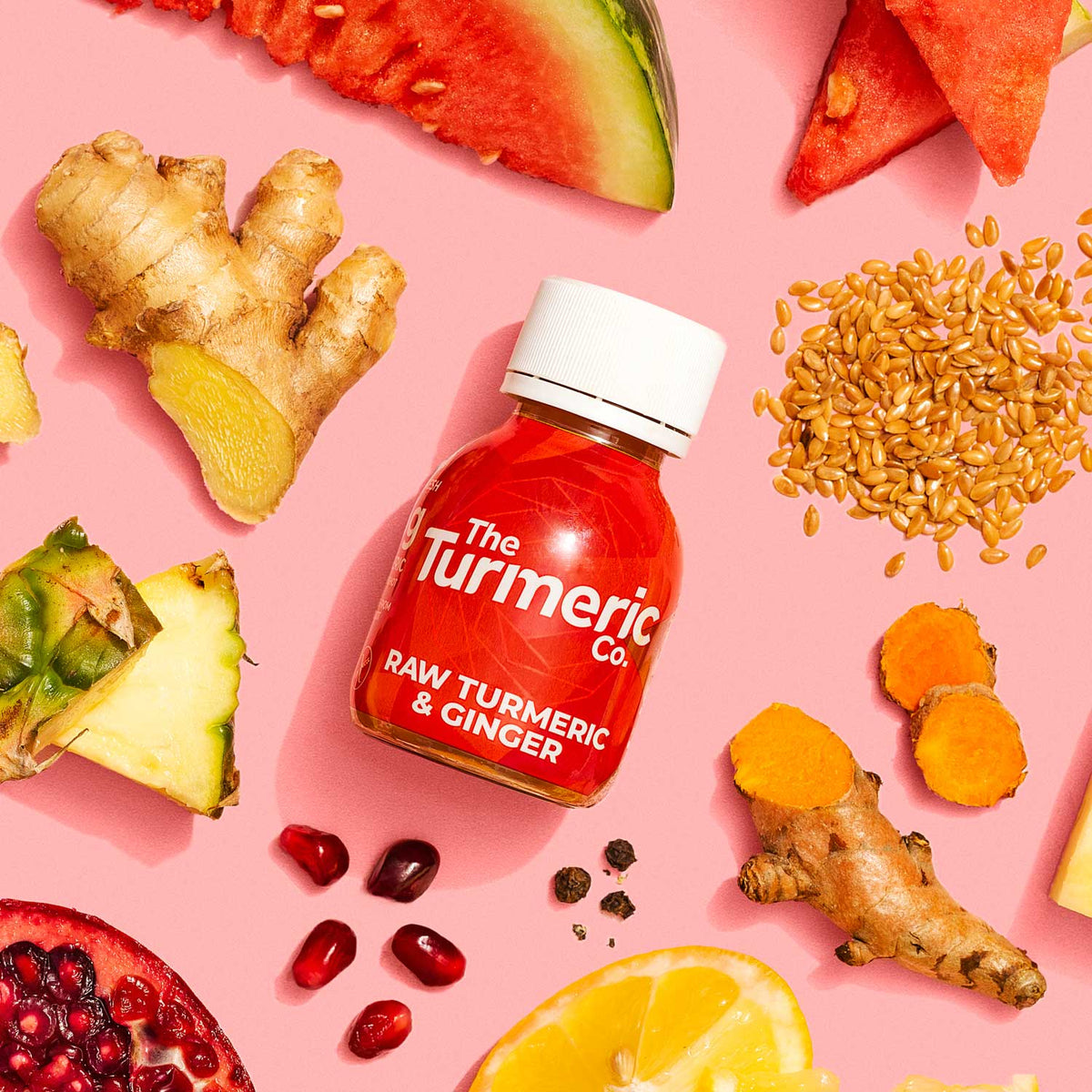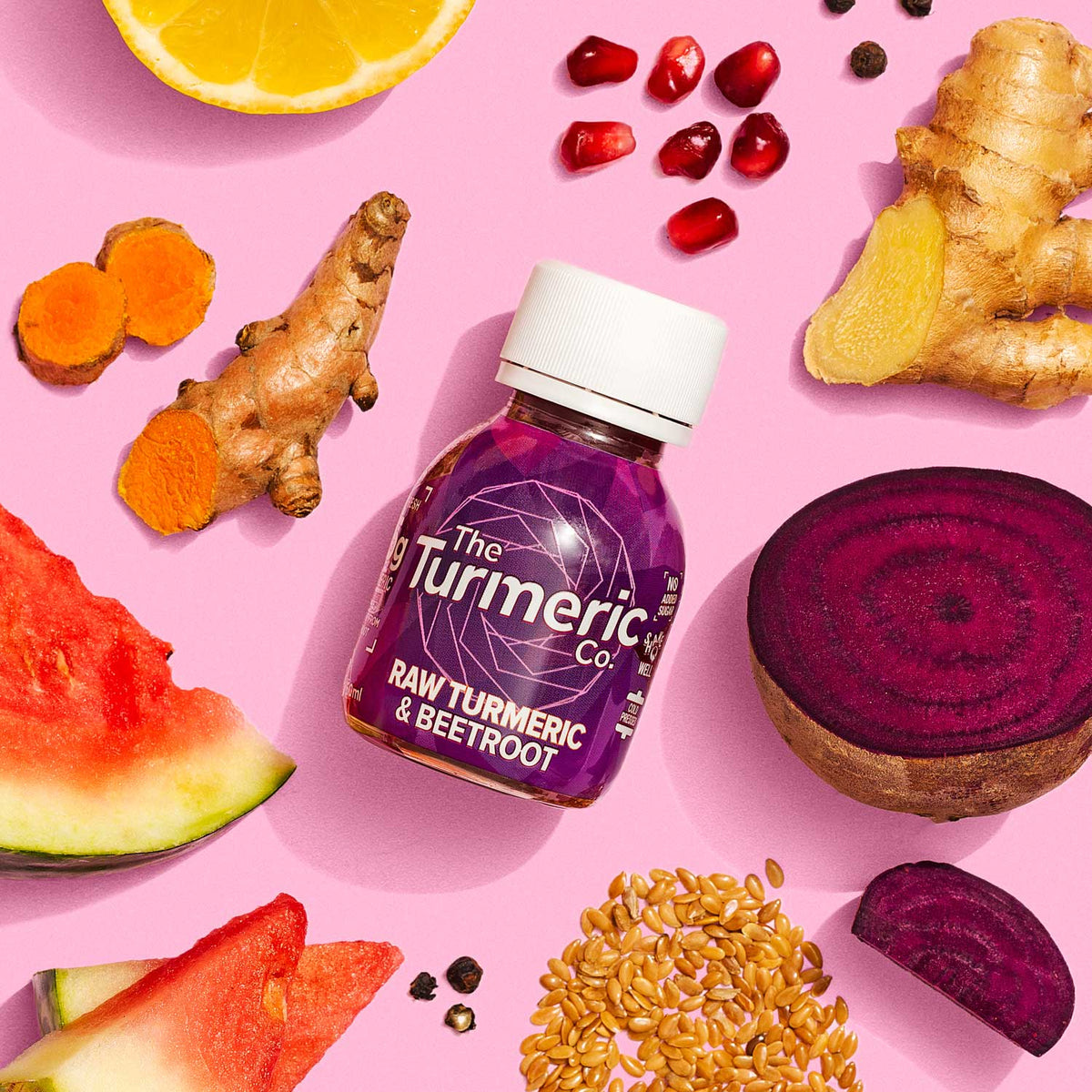If you’ve been exploring skincare supplements or anti-ageing solutions recently, chances are you’ve come across the term collagen... and quickly discovered there’s more than one type.
From marine to bovine, powders to shots, and now plant-based alternatives, the collagen market has exploded with choice.
But with so many options, the question becomes: which type of collagen is right for you?
In this article, we’re breaking down the differences between animal-derived and vegan collagen:
What is collagen, and why do we need it?
Collagen is the most abundant protein in the body. It gives skin its firmness, elasticity and smooth structure. It also supports joints, cartilage, bones, and connective tissue.
But here’s the catch: from our mid-20s, natural collagen production begins to slow down. By your 40s and 50s, that loss becomes visible in the form of fine lines, looser skin, and achy joints.
Supplementing with collagen has been shown to improve skin hydration, reduce wrinkles, and support joint comfort. But not all collagen is created equal...
The main types of collagen supplements
1. Bovine collagen
Derived from cow hides or bones, bovine collagen is rich in Types I and III — the types most relevant for skin, hair and nails.
It’s widely available and tends to be the cheapest option on the market, but not suitable for vegetarians or those concerned with disease traceability. Bovine collagen has also been linked with containing potentially harmful heavy metals - this contamination can come from the source animal via the food and water it consumes. To avoid this risk, it's important to choose premium collagen supplements that have been third-party tested, or opt for a plant-based collagen instead.
2. Marine collagen
Extracted from fish skin or scales, marine collagen is also rich in Type I.
It’s popular in beauty supplements as it is widely accessible, but comes with allergen risks and has been linked to digestive issues such as bloating and diarrhoea. Similar to bovine collagen supplements, marine collagen may also involve heavy metal contamination from low-quality sources, and is unsuitable for vegetarians and vegans.
3. Plant-based alternatives
Here’s where things get interesting. Traditional collagen comes from animals because it’s only found in animal tissue - or so we thought! Recent developments have led to vegan alternatives designed to mimic the amino acid profile of human collagen, without using animals at all.
These aren’t just “collagen boosters” (like vitamin C or silica). They’re bio-identical alternatives, built from plant-based sources and fermentation processes, that act like real collagen in the body.

Introducing VeCollal®: A breakthrough vegan alternative
One standout in the vegan collagen space is VeCollal® - a scientifically developed, bio-identical plant-based alternative to traditional collagen.
Rather than just supporting collagen indirectly, VeCollal® delivers the specific amino acids your body needs to build collagen, in the same ratio found in Type 1 human collagen. It’s backed by clinical studies showing impressive skin results:
-
Wrinkle reduction by 22.4% in 4 weeks and 32.9% in 8 weeks
-
Skin hydration increased by 6%
-
Skin elasticity improved by 6%
-
Surface roughness reduced by over 13%
In addition to this, it is Vegan Society certified, allergen-free, sugar-free and non-GMO. VeCollal® is also sustainably made, with 97% lower carbon footprint vs animal collagen.
So, should you choose vegan or animal collagen?
Here’s a quick side-by-side comparison:

Ultimately, both can be effective. If you’re not plant-based and are happy using marine or bovine collagen, these supplements do have research behind them.
But if you’re looking for a safer, more sustainable plant-based route, pioneering alternatives like VeCollal® offer the benefits, backed by science, without the compromise.

You don’t need to choose between your values and your skincare results.
With advancements like VeCollal®, there’s now a proven way to support skin elasticity, hydration and firmness, all while staying fully plant-based.
And as more wellness products adopt these innovative ingredients, collagen support is becoming more inclusive, accessible, and planet-friendly than ever.
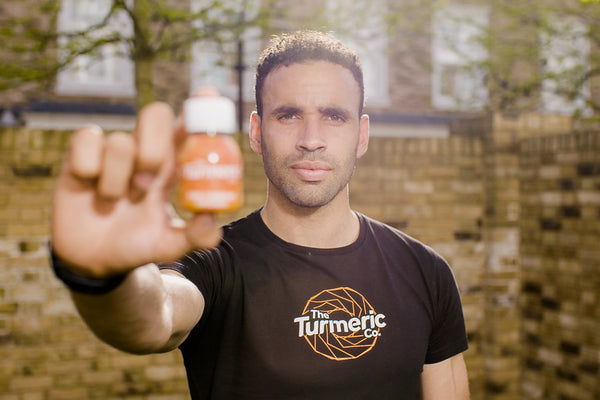
The Hal Robson-Kanu Guide To Fitness & Nutrition
Gain exclusive insight into habits that will make every day a healthy and fulfilling one.
